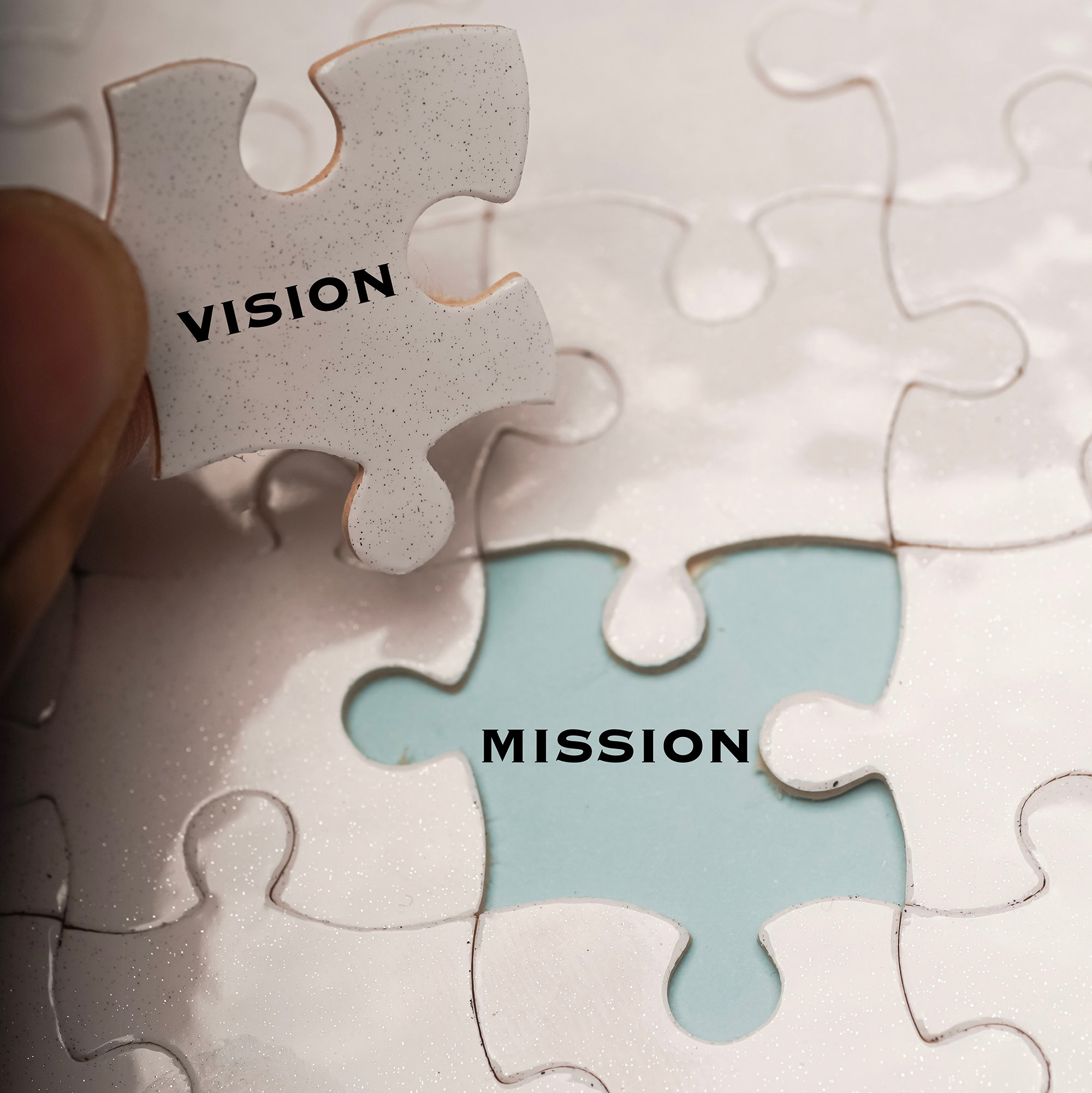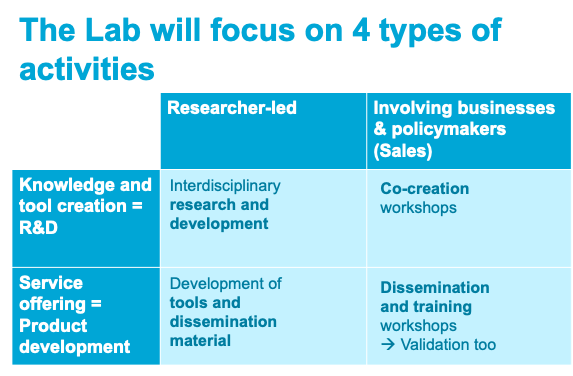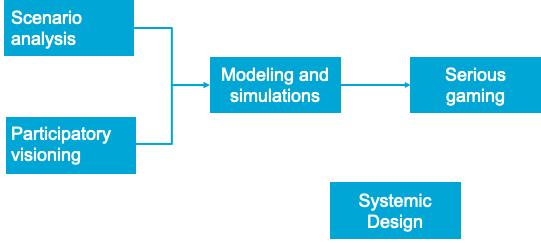About Delft Circularity Lab
The Delft Circularity Lab is an, open, bottom-up initiative aiming to form an essential node in building a cross-faculty movement to foster, teach & utilize TPM and TU Delft-based excellence on circularity.
TPM is building a significant CE track record:
- TPM is TUD partner for Industrial Ecology (IE) program (annually >100 fresh students)
- The unique inter-disciplinary Socio-Technical approach of TPM adds value to CE theme when collectively growing the CE topic TUD-wide (e,g, Climate Action Program & DCI).
Leveraging TPM’s socio-technical comprehensive systems engineering and governance approach DCL takes a leading role in the CE transition. In co-creation with the TU Delf-wide community, strengthened by external stakeholders and knowledge users, we generate opportunities for CE-relevant research that results in usable knowledge.
We envision that our systemic approach, that benefits from TPM’s multi-disciplinary capabilities, is key to the CE transition. Considering social impacts, governance, value aspects, coordination across supply chains, and private-public partnerships we aim to fill the current methods- and knowledge gap.
We value high-quality science with societal relevance and aim to enable researchers and educators to become influencers for change utilizing our CE building blocks on: (1) scenarios & vision development, (2) modelling and simulation, (3) gaming (with stakeholders) and (4) development of (design) methods and tools.
By collaborating through the Delft Circularity Lab, we initiate an essential node connecting cross-faculty socio-technical expertise and (external) stakeholder networks forming the path to societal change towards a Circular Economy.

Circular economy expertise at the TU Delft, e.g.
- Technology, Policy, and Management: Circular Innovation, Closed Loop Supply Chains, Reverse Logistics, Industrial Symbiosis, Eco-Industrial Parks, Design for Industrial Ecology
- Industrial Design Engineering: Circular Business Models, Circular Product Design, Product Service Systems
- Architecture: Circular Buildings, Circular Cities, Circular Area Development
- Civil Engineering: Recycling Technologies, Resource Engineering
- Mechanical, Materials, and Maritime Engineering: New materials for a Circular Economy
Methodological expertise, e.g.
- Technology, Policy, and Management: Complex System Modelling & Simulation, Serious Gaming
- Industrial Design Engineering: Participatory Design, Systemic and Transition Design
Key methodologies
The Lab will rely on and further develop 5 key methodologies:
-
Develop future scenarios of circular economy in the Netherlands, linked to existing scenarios for e.g. climate, water, and raw materials.
-
Develop visions in collaboration with stakeholders and validate them through case studies and scenario development.
-
Create computational models that show the interaction between social and technical
parts of systems at different scales and quantify stocks and flows of materials and
energy.
Run simulations to study potential future behaviours of the system and strategies to
guide it towards a circular economy. -
Develop systemic design methodologies that leverage the scenarios, models,
simulations and games developed in the Lab to create products, services, buildings, cities, and societal interventions contributing to the transition towards a circular economy. -
Design serious games, using e.g. virtual reality, that integrate the insights form the
scenario analyses, participatory visioning and modelling and simulations,
Use these games to explore the opportunities and implications of circularity for
businesses, regions and larger systems in society.

